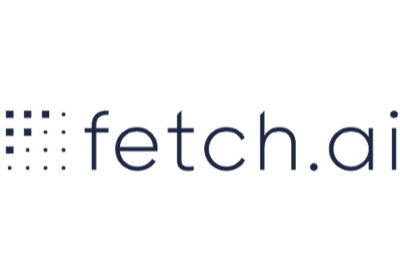










Trustless systems are a myth. Users don’t have to trust one another or a third party in order for blockchains to operate, but they still need to trust that the underlying technology works as intended.Our team has worked on and reviewed numerous blockchain projects written in Solidity, Go, and Rust.
With our experience spanning from Ethereum to Cosmos to Substrate, as well as other custom chains written in Go and Rust, we’re well-equipped to understand the intricacies and nuances of what makes your project one-of-a-kind.






Receive a plan with unique testing methodologies designed just for your system.
01
Test your tech stack’s intended functionality against both conventional and unconventional methods.
02
Access years of comprehensive experience from our team of blockchain experts.
03
Stress-test your project for invaluable insight that you can use to improve your system.
04
Share your source code with our team
Receive a custom quote to fit your needs
Consult with your team of experts
Get alerts and updates through the process
Receive an in-depth report of the audit
Description of methodologies used
Details of vulnerabilities found
Retest and remediation results
Software correctness
Design, logic, and access control
Consensus, cryptography, and transaction verification
Miner-based and Denial of Service (DDoS) attacks
P2P network security and RPC configuration
Wallets, keygen, and ledger management
People want smart contracts that are bug-free and hacker-resistant. Without an audit to ensure the soundness of your code, you leave your project and your users potentially vulnerable to hacks and exploits. CertiK also partners with top exchanges to provide rigorous token audits to projects that are looking for the stamp of approval that they need before listing.
Formal Verification is a method of mathematically proving that a program performs as intended; however, it has seen limited use outside of mission-critical software because of how resource-intensive it can be. CertiK has invested heavily into the research and development of a proprietary Formal Verification Engine that cuts down on the number of labor-intensive hours required if done manually by a security engineer.
The cost of a smart contract audit will differ based on a number of factors, including but not limited to: the number of lines of executable code, the complexity of the smart contract, and the speed of the audit needed.
Depending on how complex your program is, a smart contract audit usually takes about 3 days to 2 weeks to complete.
The CertiK Formal Verification method is unique because we’ve developed proprietary technologies and toolkits that make up our Formal Verification Engine (FVE), which enables our security team to provide you with rigorous smart contract audits that are trusted by top exchanges. During the smart contract audit process, we modularize your code into discrete chunks, which we then input into the CertiK FVE. The Engine then runs mathematical proofs and checks for every possible value for each variable—a method that’s thorough and entirely unique to CertiK.
It was a pleasure working with CertiK on our staking smart contract. Their engineers provided thorough verification and highly informative feedback on our contract design. They also responded promptly and dealt effectively with changes in the contract logic that were made as the project proceeded. I would highly recommend CertiK, and look forward to working with them in the future.








